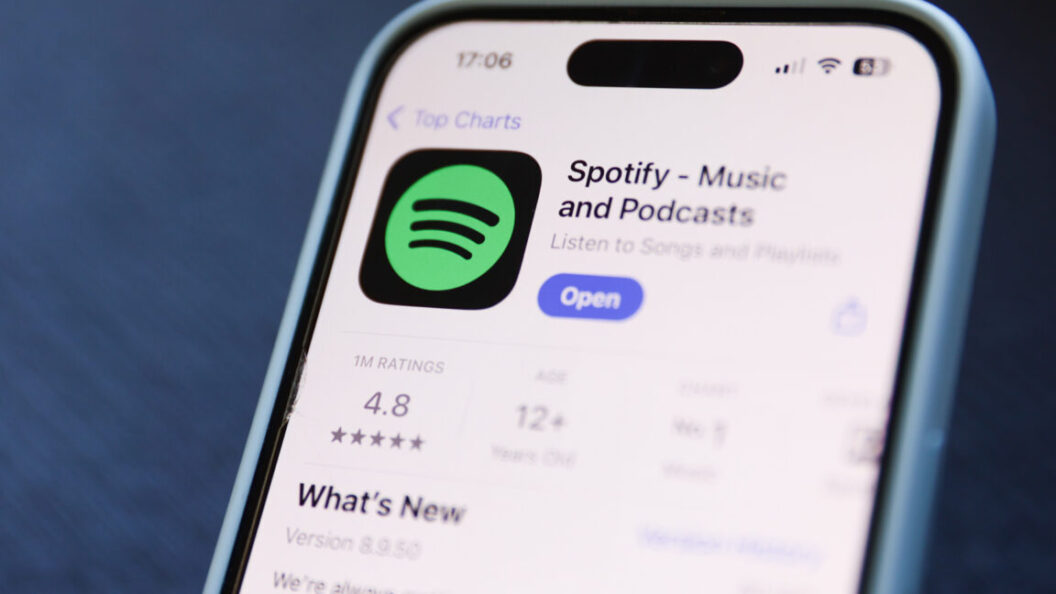Epic Games vs. Apple: A Landmark Ruling on App Store Policies
Introduction
The ongoing legal battle between Epic Games and Apple has taken a significant turn, reshaping the future of app payments on the iOS platform. This dispute, rooted in Epic’s attempts to offer alternative payment options for its popular game Fortnite, culminated in a recent court ruling that could have wide-reaching implications for developers and the functionality of apps on Apple’s marketplace.
Background of the Dispute
The conflict began when Epic Games initiated a move to integrate alternative payment methods directly into Fortnite, circumventing Apple’s standard 30% commission on in-app purchases. This led to a multi-year antitrust dispute, during which Epic argued that Apple’s App Store practices stifled competition and innovation. In a pivotal ruling in 2021, the District Court for Northern California ordered Apple to ease its restrictions on external payment options and price messaging. Although Epic did not win on all counts, this ruling marked a significant shift in the dynamic between app developers and platform owners.
Apple’s Compliance and Upcoming Changes
In response to the latest court ruling, which proclaimed that Apple had "willfully" neglected the injunction from 2021, Apple disclosed its intention to comply while also indicating plans to appeal the decision. This compliance is expected to allow developers to utilize external payment processors, a shift that could dramatically change the financial landscape for app monetization. Epic’s CEO, Tim Sweeney, expressed optimism about these developments, announcing via social media that Fortnite would return to the iOS App Store shortly.
Impacts on Developers and Creators
The ruling is viewed as a substantial win for developers. Payment processor Stripe has already begun to provide guidance to iOS developers on how to link out for in-app purchases, reducing reliance on Apple’s payment structure. Patreon, a well-known creator patronage platform, stated that this ruling constitutes "a huge moment for creators and their businesses," emphasizing that it opens avenues for them to retain more earnings by bypassing Apple’s cut.
This shift is expected to benefit numerous developers who have voiced concerns over the fairness of App Store fees and the restrictions imposed by Apple. The ability to use alternative payment systems could empower smaller developers, enabling them to compete more effectively in the marketplace.
Legal Consequences for Apple
Judge Yvonne Gonzalez Rogers’ ruling has also led to serious legal consequences for Apple. The case has been referred to the District Attorney for Northern California to explore potential criminal contempt proceedings against the company. Apple has stated its disagreement with the ruling and defended its operational structure and practices.
Reflecting on the Future of App Stores
This ruling marks a fundamental moment in the ongoing debate over app store monopolies and the financial structures surrounding digital goods and services. The implications reach beyond just Fortnite or Epic Games; they extend to all developers functioning within the confines of major app ecosystems.
The decision amplifies the call for greater transparency and fairness in app marketplaces, a sentiment echoed by many industry experts and developers alike. As more companies react to these changes, the competitive dynamics within the app ecosystem may evolve, leading to diversified payment options and potentially more consumer-friendly practices.
In conclusion, the outcomes of this prolonged legal battle not only pave the way for Fortnite’s return to iOS but also signal a shift in the power structure between app developers and platform holders, with potential ramifications that could benefit a broad range of stakeholders in the tech industry.









